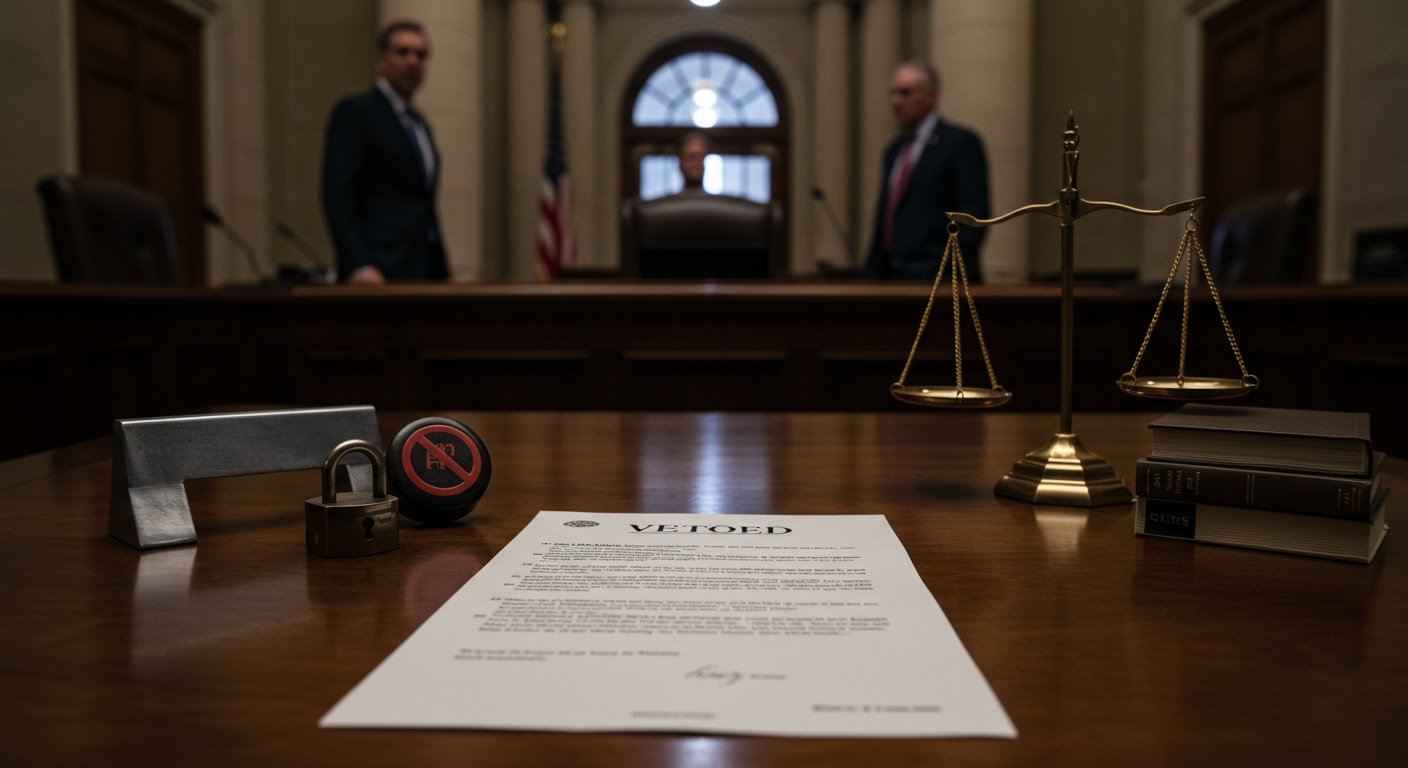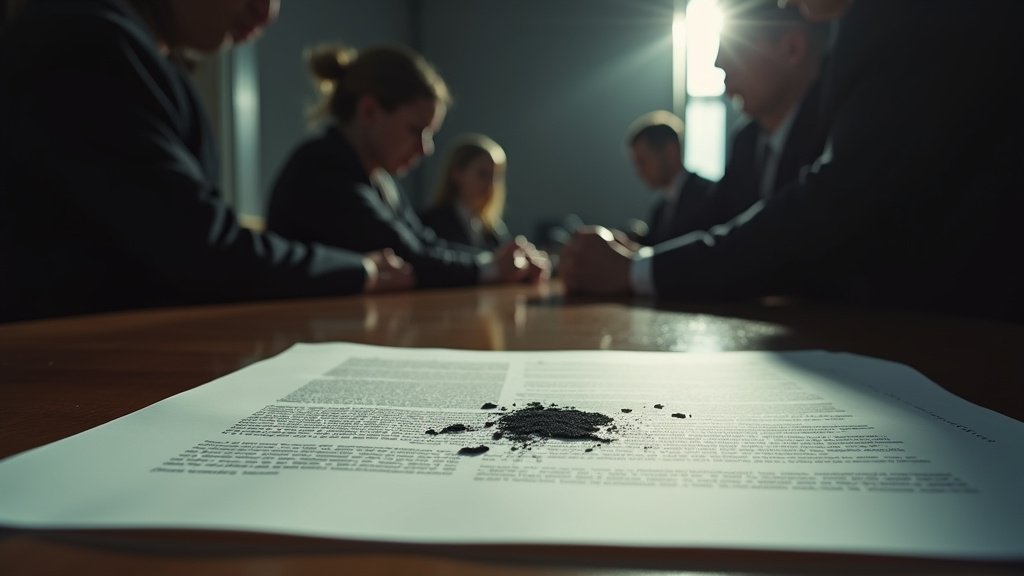Austin, Texas – A significant policy divergence and political rift have emerged at the highest levels of Texas state government following Governor Greg Abbott’s decision to veto a legislative measure aimed at banning certain hemp-derived THC products.
The move has created a clear and public divide between the Republican Governor and Lieutenant Governor Dan Patrick, highlighting the ongoing complex debate surrounding cannabis and its derivatives within the state.
The Proposed Ban and Legislative Effort
The now-vetoed proposal sought to outlaw specific products containing tetrahydrocannabinol (THC) derived from hemp. While Texas legalized the cultivation of hemp through its implementation of the 2018 federal Farm Bill, creating a legal distinction between hemp (low-THC cannabis) and marijuana (higher-THC cannabis), the proliferation of products containing psychoactive cannabinoids extracted or derived from hemp has presented new regulatory challenges.
Concerned by the increasing availability of products like Delta-8 and other forms of THC derived from hemp, particularly their accessibility and potential potency without stringent state oversight, proponents of the ban argued for tighter controls or outright prohibition to address perceived public health and safety issues.
Lieutenant Governor Dan Patrick, who presides over the Texas State Senate and holds considerable sway over the legislative agenda, led the effort to ban these hemp-derived THC products during the recent legislative session. The push for the ban reflected a stance favoring prohibition and strict control over substances with psychoactive effects, aligning with traditional conservative positions on cannabis.
Governor Abbott’s Veto and Call for Regulation
However, Governor Greg Abbott took a different path. In a move that directly contradicted the legislative direction championed by his Lieutenant Governor, Abbott opted to veto the proposed ban on THC products in Texas.
Instead of supporting outright prohibition, Governor Abbott indicated a preference for regulating these products. This approach suggests a recognition of the existing market for hemp-derived products and potentially aims to establish a framework for their control, taxation, and safety standards, rather than eliminating them entirely. Regulation could involve measures such as testing requirements, labeling mandates, age restrictions, and licensing for vendors, treating these products more like alcohol or tobacco than illicit substances.
Abbott’s decision to pursue regulation rather than a ban aligns, in part, with arguments from the hemp industry and consumers who advocate for legal, regulated access to these products, citing economic benefits and individual choice.
Lt. Governor Patrick’s Strong Disapproval
The veto immediately drew sharp criticism from Lieutenant Governor Patrick. His response underscored the depth of the disagreement and painted Abbott’s regulatory approach in stark terms.
Patrick publicly stated his clear disapproval of the veto and Abbott’s call for regulation instead of a ban. In a particularly pointed remark that framed the Governor’s action as a significant shift in state policy, Patrick stated that Abbott is proposing “to legalize marijuana in Texas — by regulating it.”
This quote reveals the core of Patrick’s opposition: he views regulating hemp-derived THC products as functionally equivalent to legalizing marijuana itself, a policy he and many conservative Texans strongly oppose. By equating the two, Patrick highlights his belief that any form of state-sanctioned psychoactive cannabis derivatives crosses a line towards broader legalization, which he sees as detrimental.
Patrick’s statement also serves as a strong political challenge, positioning the Governor’s action as out of step with a prohibitionist stance often favored by the party base on this issue. His “clear disapproval” signals that this disagreement is more than a minor policy difference; it represents a significant point of contention between the state’s two most powerful elected officials.
Political Implications and Future Outlook
The public disagreement between Governor Abbott and Lieutenant Governor Patrick on such a visible and debated issue underscores existing tensions within the Texas Republican party regarding evolving cannabis policy. While both are conservative leaders, their approaches to hemp-derived THC reveal differing philosophies – one favoring strict prohibition led by Patrick, the other open to a regulatory framework led by Abbott.
This new divide could have implications for future legislative sessions. With the proposed ban vetoed, the status of hemp-derived THC products remains in a state of regulatory uncertainty. The call for regulation by the Governor will likely spur new legislative proposals in upcoming sessions, which could reignite the debate and potentially lead to further clashes between the Governor’s office and the Senate leadership under Patrick.
For the burgeoning hemp and THC industry in Texas, the veto offers a reprieve from an immediate shutdown but leaves the long-term regulatory environment unclear. They will likely engage heavily in future legislative discussions to advocate for a favorable and stable regulatory framework.
Ultimately, Governor Greg Abbott’s veto of the proposed ban on THC products in Texas has not only preserved the current, albeit uncertain, legal status of hemp-derived products but has also created a new divide between him and Lt. Gov. Dan Patrick, setting the stage for continued political and policy battles over cannabis in the Lone Star State.






